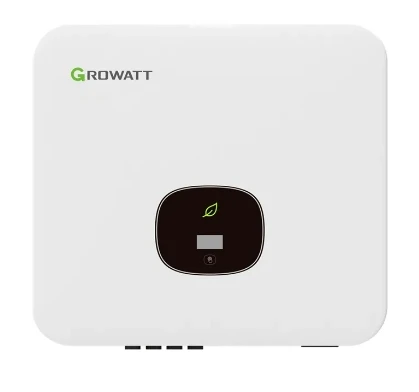Innovative Solutions for Energy Transformation and Efficiency Enhancements in Modern Technology
The Essential Role of Inverters in Modern Technology
In the contemporary world, where energy efficiency and sustainability are of paramount importance, inverters play an essential role in various applications, from renewable energy systems to electric vehicles. An inverter is an electrical device that converts direct current (DC) into alternating current (AC). This conversion is crucial because most electrical appliances and systems in our homes and industries operate on AC power.
Understanding Inverters
To better appreciate the significance of inverters, it's important to understand how they work. At the heart of an inverter is a set of electronic components that switch the DC input (from sources like batteries or solar panels) to produce an AC output. The quality of the output AC can vary widely depending on the type of inverter used. For instance, pure sine wave inverters produce a smooth waveform that closely resembles the AC power you would receive from the grid, making them ideal for sensitive electronic devices.
Inverters can be classified into several categories, including square wave inverters, modified sine wave inverters, and pure sine wave inverters. Each has its applications based on complexity, efficiency, and cost. For example, square wave inverters are relatively simple and inexpensive, but they produce a choppy output that may not be suitable for all devices.
The Role of Inverters in Renewable Energy
With the rise of renewable energy technologies, inverters have gained immense significance. Solar photovoltaic (PV) systems, for instance, use inverters to convert the DC energy generated by solar panels into AC energy that can be used in homes or fed back into the electrical grid. This conversion is crucial not only for consumption but also for integrating solar power into existing power grids, which predominantly operate on AC power.
Inverters in solar systems also come equipped with advanced functionalities such as Maximum Power Point Tracking (MPPT), which optimizes energy production by adjusting the electrical load on the solar panels. These features enable solar installations to operate efficiently and maximize the energy harvested from sunlight.
Moreover, inverters play a pivotal role in wind energy systems. Wind turbines generate electricity in AC; however, inverters convert this output to a stable frequency and voltage suitable for the grid, ensuring the reliability of power supply.
invertor

Inverters in Electric Vehicles
The automotive industry, particularly with the rise of electric vehicles (EVs), has further highlighted the importance of inverters. In EVs, inverters are responsible for converting the DC electricity stored in the vehicle's battery into AC, powering the electric motor. This conversion is critical for the performance of the vehicle, as it directly influences acceleration and efficiency.
In addition, modern inverters in electric vehicles are equipped with sophisticated control algorithms that enhance the driving experience. These algorithms allow for regenerative braking, a process where the electric motor also acts as a generator to convert kinetic energy back into electrical energy, which is then stored in the battery. This not only increases the range of the vehicle but also improves overall energy efficiency.
Future of Inverters
As we look toward the future, the role of inverters is set to expand. With the global push for greener energy solutions and the transition towards smart grids, inverters will become even more sophisticated, incorporating features such as communication capabilities and integration with home energy management systems. These developments will enhance the management of energy resources, enabling consumers to optimize their energy consumption.
Moreover, advancements in technology such as wide bandgap semiconductors are promising to make inverters more efficient and less bulky, further facilitating the deployment of renewable energy technologies. As electric vehicle adoption continues to grow, innovations in inverter technology will also lead to lighter, more compact solutions that improve vehicle range and performance.
Conclusion
Inverters are indispensable components of modern energy systems. Their ability to convert DC to AC has enabled the proliferation of renewable energy technologies, significantly reducing our reliance on fossil fuels. As electrical grids evolve to become smarter and more resilient, inverters will continue to play a vital role in shaping the future of energy consumption and production, making them a key focus for engineers and innovators alike. The pathway towards a sustainable energy future undoubtedly hinges on the continuous improvement and integration of inverter technology.
-
Unlocking Energy Freedom with the Off Grid Solar InverterNewsJun.06,2025
-
Unlock More Solar Power with a High-Efficiency Bifacial Solar PanelNewsJun.06,2025
-
Power Your Future with High-Efficiency Monocrystalline Solar PanelsNewsJun.06,2025
-
Next-Gen Solar Power Starts with Micro Solar InvertersNewsJun.06,2025
-
Harnessing Peak Efficiency with the On Grid Solar InverterNewsJun.06,2025
-
Discover Unmatched Efficiency with the Latest String Solar InverterNewsJun.06,2025







